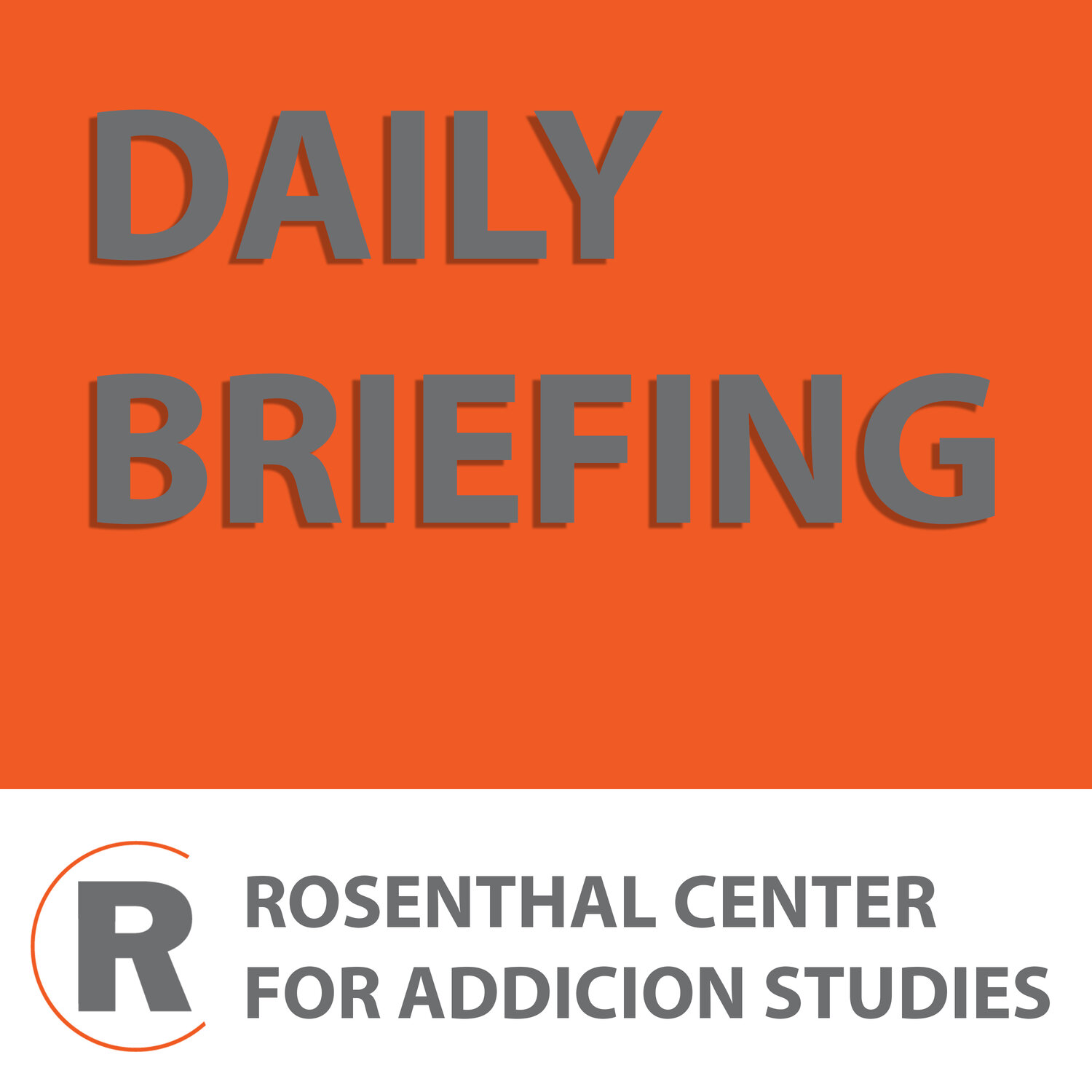The Daily Briefing 10.6.2021
Description
Evidence revealed at the landmark opioid trial in Ohio shows that pharmacy chain employees warned about the dispensing of highly addictive prescription painkillers—but to no avail, allowing a flood of opioids to continue. The trial, which accuses the nation’s biggest pharmacy chains—including CVS, Walgreens, and Walmart—of fueling the opioid epidemic, is being closely watched as the sprawling opioid litigation plays out across the country. The documents showed that employees told superiors that the company was not verifying the legitimacy of suspicious orders and that the chains were not doing enough to reduce the growth of prescription painkillers. Laws require drugstore chains to implement strict monitoring and safety programs. But the companies claim they did nothing wrong, and instead blame doctors for writing the prescriptions and federal regulators for failing to crack down on so-called pill mills that doled out tens of millions of doses. The case is widely seen as a test to determine whether companies should be liable for the epidemic and shoulder part of the cost of responding to the crisis. Thousands of opioid lawsuits are either at trial or under a proposed settlement against not only pharmacy chains but also drug manufacturers and drug distribution companies, for their role in the epidemic.
Meanwhile, a new study released by the FDA and the CDC found that more than 2 million middle and high school students used e-cigarettes in 2021, with more than 8 in 10 of those youth using flavored e-cigarettes. Despite increased warnings and prevention programs, vaping remains extremely popular with kids, the report said, noting that 25 percent of high school students who used e-cigarettes said they vaped every day. The FDA says it is continuing to take action against companies that sell or target e-cigarettes and e-liquids to kids, including recently denying more than one million premarket applications for flavored electronic nicotine delivery systems. But obviously, the agency is not doing enough to discourage young people from using e-cigarettes and contributing to the nationwide vaping epidemic among underage users.
And finally, California is poised to clamp down on CBD products to ensure they are accurately labeled and safe, following the explosive growth of the sector and a flow of merchandise that is mislabeled and untested. CBD, the nonpsychoactive component of marijuana, can be found in soap, food, and other wellness goods, and its use has grown significantly since Congress legalized hemp in 2018. But in the absence of federal oversight, states are stepping up efforts to regulate untested products that make unfounded claims about their efficacy and safety—often claim that CBD is a wonder drug promising relief for ailments including pain, anxiety, and depression. The regulatory bill in California, which Gov. Gavin Newsom is expected to sign, would hold manufacturers to rigorous testing and labeling guidelines.
More Episodes
More and more people are turning to medical cannabis products to alleviate mental health problems such as anxiety, depression, and insomnia—although there is little science indicating that the drug is safe and effective to treat these problems. Advocates of medical marijuana legalization have...
Published 10/28/21
Published 10/28/21
The New York Times finally weighs in on the risks to kids from marijuana edibles, noting that many teens underestimate the dangers associated with the drug. With pot legalization making pot more widely available, young people have come to believe marijuana is less dangerous creating a perfect...
Published 10/22/21


